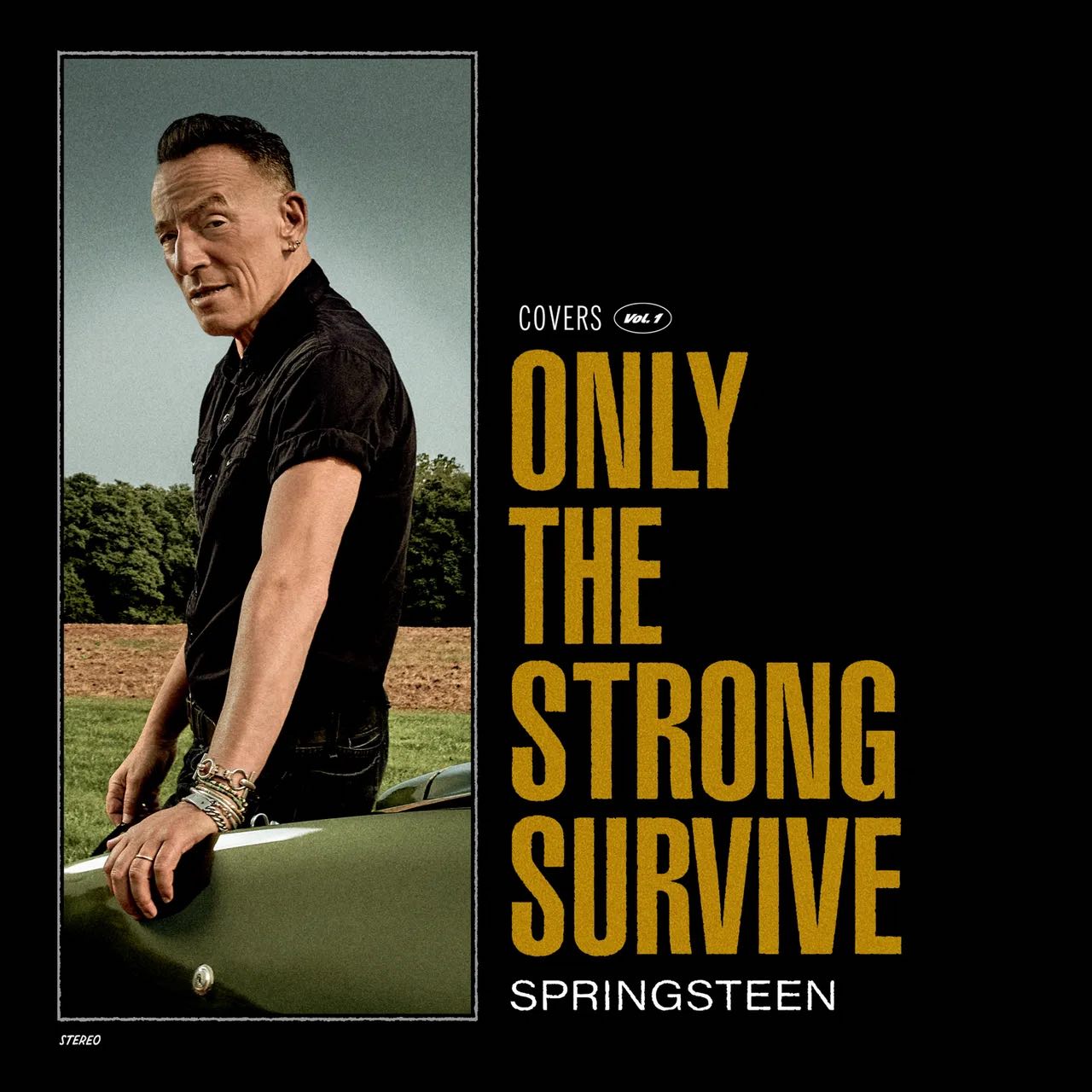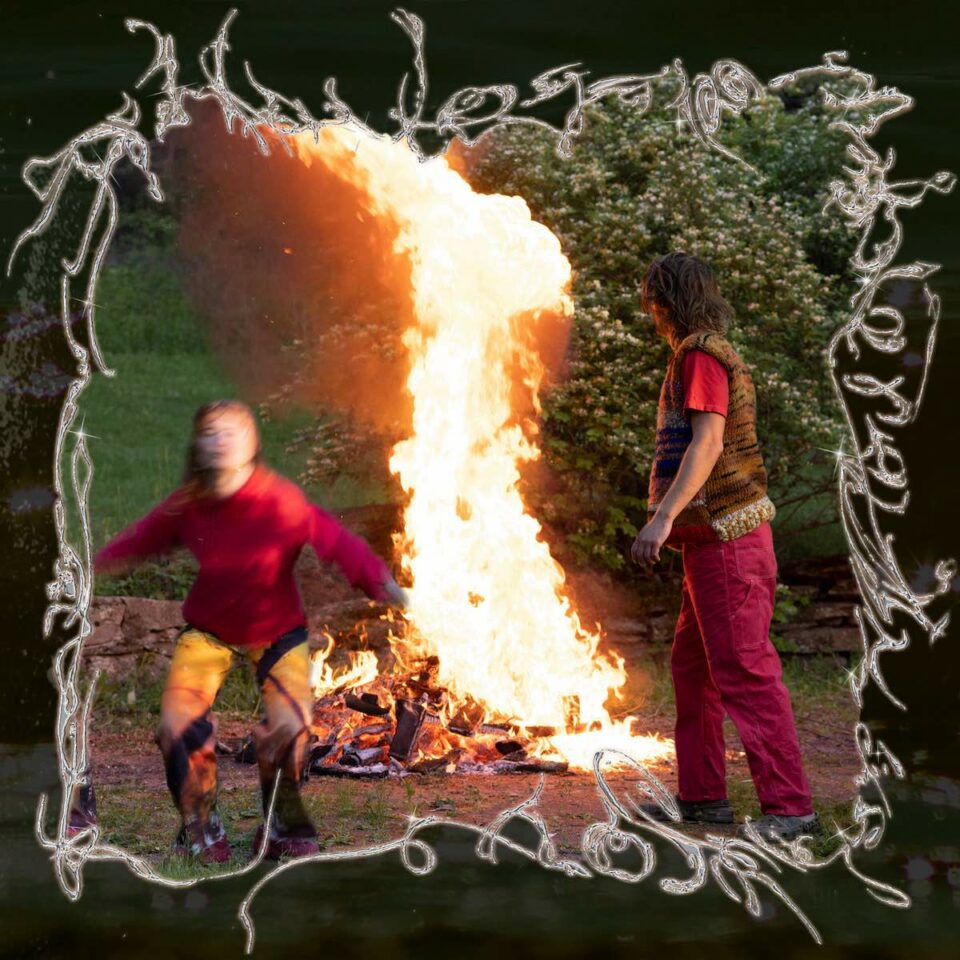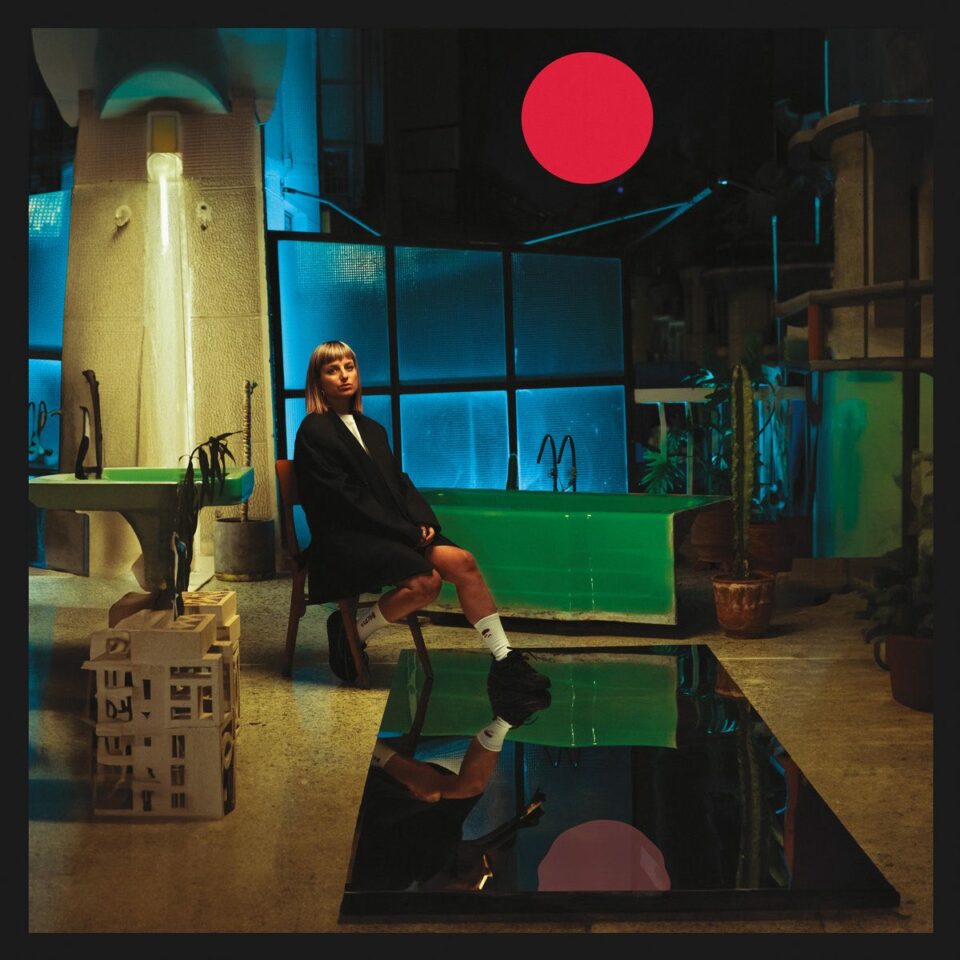Bruce Springsteen
Only the Strong Survive
SONY
It’s no secret that Ticketmaster—and, by extension, its parent company Live Nation, with whom it merged in 2010—are professional leeches. One doesn’t have to look any further than their recent dynamic pricing fiasco with Bruce Springsteen & the E Street Band’s long-awaited first tour since 2017, which saw some tickets being sold for over $5,000. That’s not greedy touts trying to extract as much money as possible from concert-deprived fans—after all, his concerts are incredible and epic affairs that usually last at least three-and-a-half-hours—but Ticketmaster explicitly ripping off the people who’ve sustained and supported the live music industry since its inception by allowing prices to “fluctuate with demand.”
And that’s not even mentioning the fees they charge on top. In fact, those have become so extortionate that one New York State Senator helped write state legislation making it mandatory for the world’s largest combined concert promoter to show fees up front, rather than at the end of the transaction. When blink-182 announced their world tour comeback with a rejoined Tom DeLonge, Mark Hoppus attempted to buy tickets for his own show and had them “yoinked from my cart and the whole thing [crashed] out.” The most disappointing part about the Springsteen prices, however, was that the statement issued by his longtime manager Jon Landau wasn’t apologetic in the slightest. In fact, it hinted more at his and Springsteen’s complicity in the scheme.
What does any of this have to do with his new album, Only the Strong Survive? Well, as a collection of 15 classic R&B and soul covers, many of which were influential in the New Jersey legend’s own musical journey, this feels more like a collection of songs he might slip into his live sets toward the encore. Springsteen is no stranger to covers, of course. He’s long included some rock ’n’ roll and soul classics in his live sets, and in 2006 released We Shall Overcome, an album of Pete Seeger tracks.
Following off the back of 2020’s stunning Letter to You, these songs are treated with both the reverence they deserve on their own terms, and with which Springsteen also clearly holds for them. You can hear that in the impassioned delivery of The Four Tops’ “7 Rooms of Gloom,” the melancholy majesty of Frankie Valli’s “The Sun Ain’t Gonna Shine Anymore,” and the soothing tenderness of The Temptations’ “I Wish It Would Rain” on which The Boss delivers a truly sumptuous vocal performance.
Elsewhere, the deceptively carefree lilt of Ben E. King’s “Don’t Play That Song” perfectly conveys the pain inherent in that track, the Commodores’ “Nightshift” shimmers with an audible admiration for the singers it pays homage to, and Jimmy Ruffin’s “What Becomes of the Broken Hearted” truly demonstrates how much Springsteen’s heart and soul are invested in these songs. Musically, it only really falls flat on Jerry Butler’s “Hey, Western Union Man” and Dobie Gray’s “Soul Days,” the latter one of two tracks to feature Sam & Dave’s Sam Moore. The other, William Bell’s “I Forgot to Be Your Lover,” is one of this record’s highlights.
While this isn’t a classic record—and really isn’t a Bruce Springsteen record either—it isn’t a bad album. Far from it. Springsteen pays homage with the utmost respect and gives it his everything. It’s just that all of these songs together sung in his voice, impressive as it is at times, feels slightly one-dimensional, lacking the variety that the originals all possess. Indeed, the best way in which to hear them would be performed onstage as occasional cuts interspersed with songs from Springsteen’s own rich and musical history, all of it magnified by the powerful and overwhelming presence of the E Street Band. The record ends with a song popularized by Diana Ross & The Supremes—a lovely, if unremarkable, cover of “Someday We’ll Be Together.” Though surely unintentional, the irony of that is incredibly depressing.









